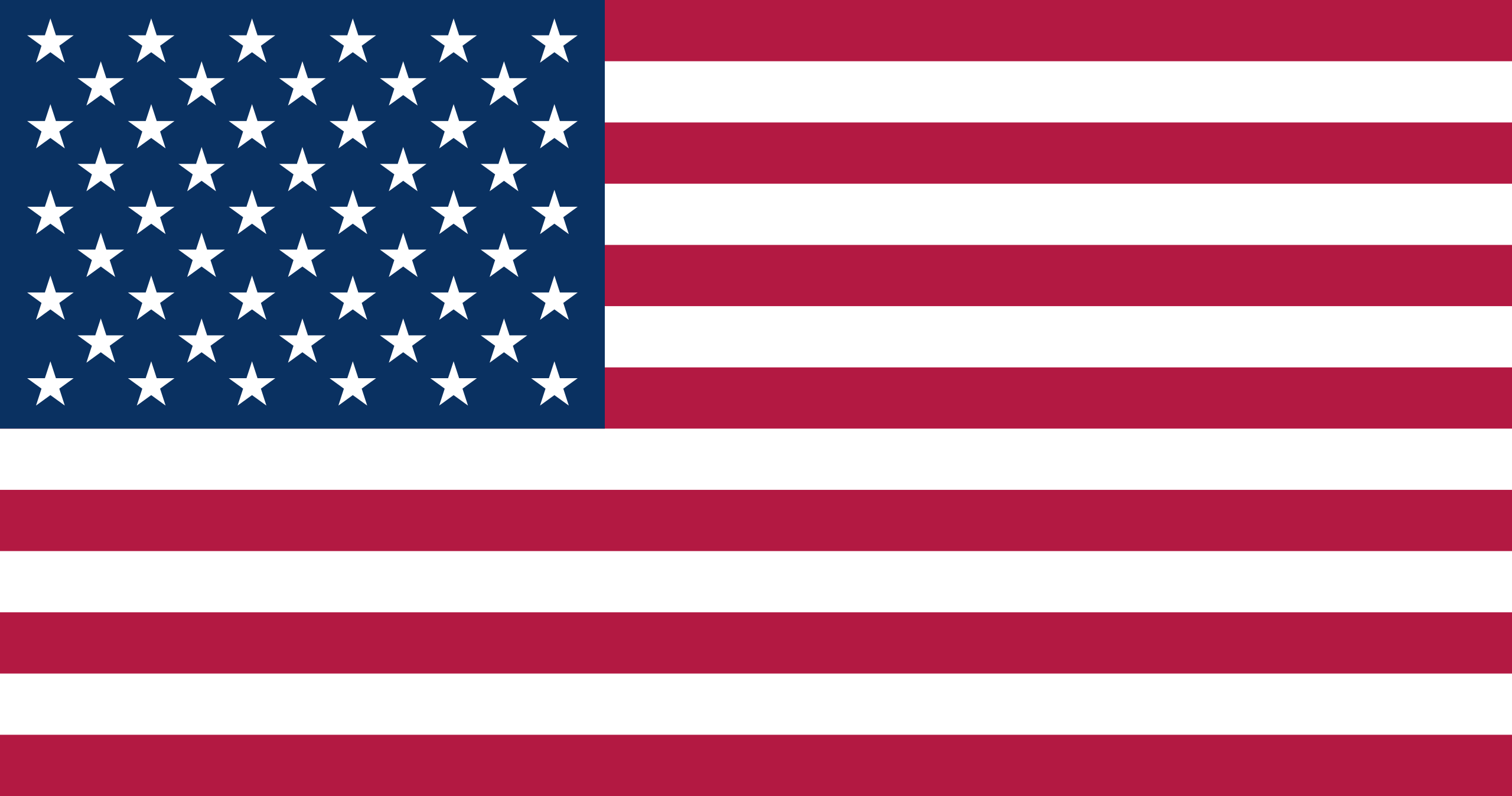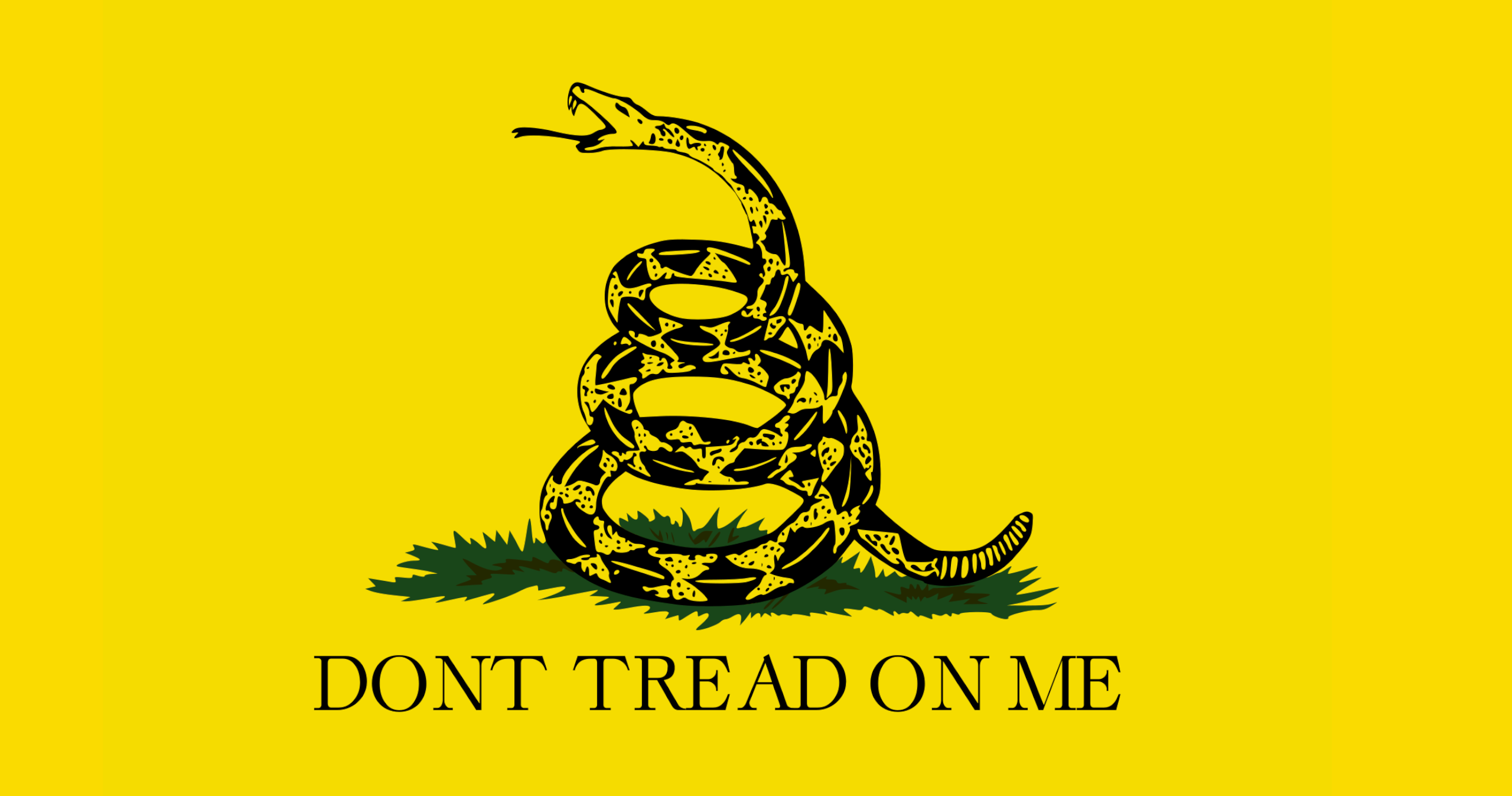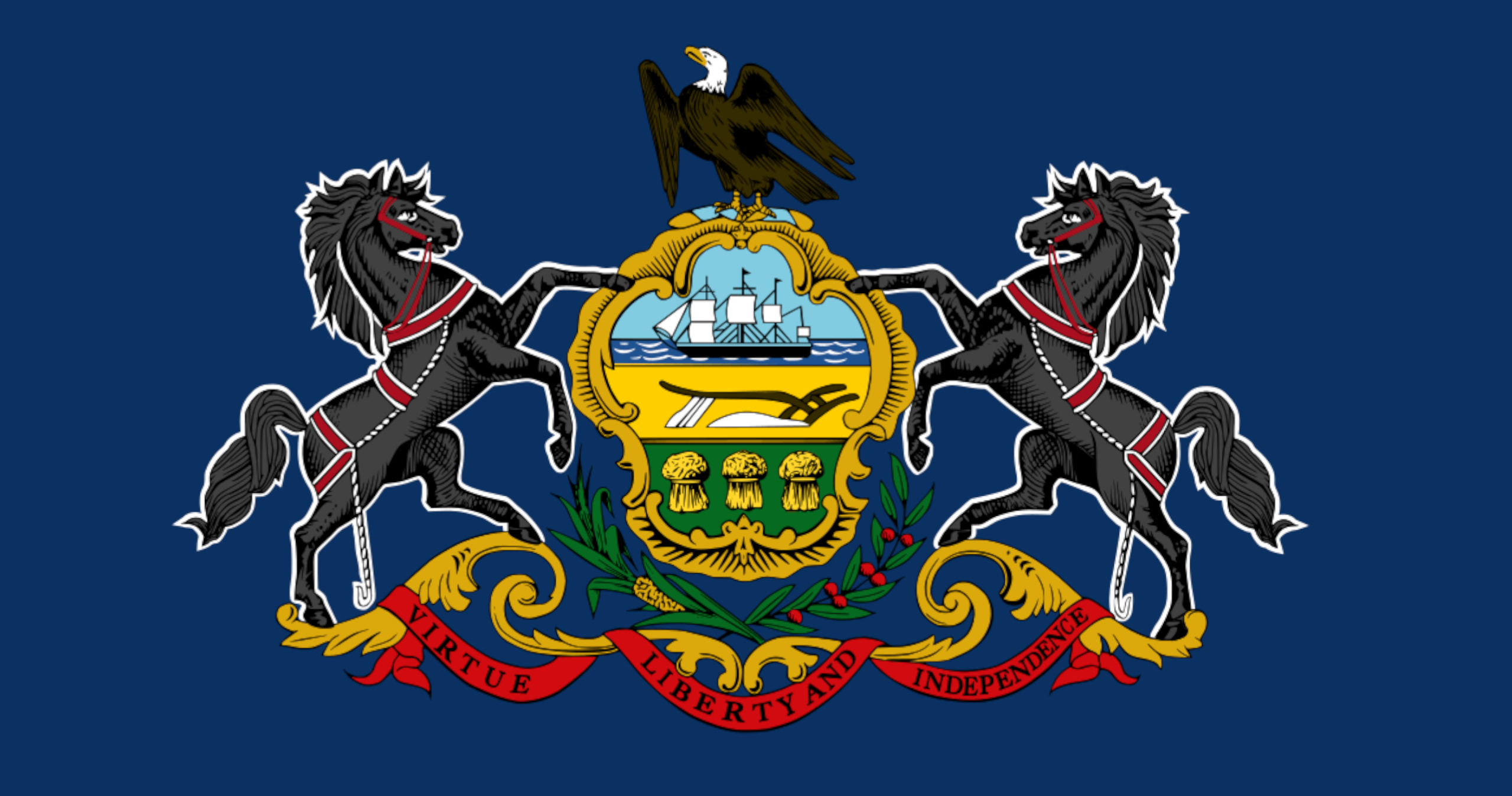Have you ever wondered how you’re going to repay school loans after you graduate college? or how you’ll buy your first home? or apply for a loan?
There has been a high demand for a required class that teaches students very useful money matters they’ll likely need in the future.
Personal Finance is an important class for the youth. Many students choose this elective to gain an edge in their future finances and investments.
For the past 8 years, Personal Finance, an elective class taught by Jodie Haggerty at Stroudsburg High School, has been instructing students on taxes, credit cards, and loan applications.
“I think this material will save many students from going into debt in their future years and help them to use credit to their advantage,” Haggerty states.
The class is currently a half-year course students can decide to take when scheduling for the following year. Though students voluntarily choose to take the course, for years state leaders have debated whether this type of course should be required for high school students.
As of December 2023, Pennsylvania decided to make a finance course mandatory for all students, according to ABC. This rule will fall in place starting the school year of 2026-2027. The exact curriculum of the class has not yet been decided, but it will likely be similar to the current class already being taught by Haggerty.
The current class covers multiple topics crucial to a student’s future, yet is often overlooked. Haggerty teaches students how to file a tax return, how to apply for financial aid, how to evaluate a credit card interest, and how to better manage money, and much more.
“Personal Finance covers so many important aspects of finances that can impact students now, while in high school, and in the adult years to come.”
— Jodie Haggerty
.sno-pullquote-663bc94880360 { display: flex; float: left; margin: 30px 30px 30px 0; width: 50%; border-color: #870000; border-top-width: 5px; border-right-width: 5px; border-bottom-width: 5px; border-left-width: 5px; } .sno-pullquote-663bc94880360 p.pullquotetext, .sno-pullquote-663bc94880360 p.quotespeaker { } .sno-pullquote-663bc94880360 .pullquotepic { width: 33%; margin-left: 25px; } .sno-story-body .sno-pullquote-663bc94880360 p.pullquotetext { font-size: 18px; line-height: 1.4em; } .sno-pullquote-663bc94880360 .quotebar { background: #dddddd; flex: 0 0 90px; margin-top: -15px; margin-left: -15px; padding-left: 15px; padding-top: 15px; margin-right: 15px; } .sno-pullquote-663bc94880360 .largequote { color: #000000; } .sno-pullquote-663bc94880360 .quotebody { width: unset; }The average student debt for PA is $112,500 per student, according to Lantern. Personal Finance goes over how to apply for FAFSA, applying for grants, loans, and scholarships.
“I don’t think anyone is truly prepared to understand debt because we are sheltered from it. We may understand, but not the implications as an adult and how much it affects us in the future course of our life,” says English teacher Mr. Andrew Kurnas.
Ultimately, the Personal Finance class offers many new tools to students. In doing so, financially smarter students can have better peace of mind. In addition, savvy students become more independent with greater opportunity and less debt.


